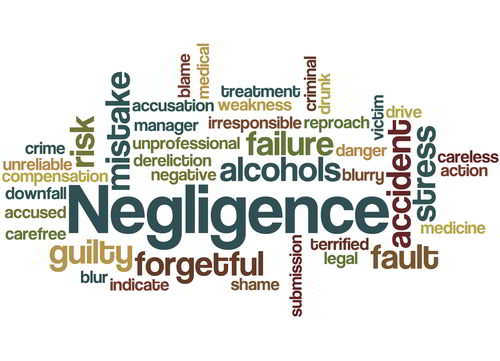The law of negligence is a relatively recent phenomenon to the common law system.
Prior to the 19th century the law paid little to no interest in providing compensation to people who sustained injuries at the fault of someone else. British society just had more pressuring concerns including high levels of crime, poor sanitation, child labour, and overcrowding.
The industrial revolution at the turn of the 20th century brought a new way of life, where the nouveau riche factory owners were seen to be taking advantage of their workers. New technologies and machinery caused injuries that employers did not accept any responsibility for.
Ironically the concept of negligence first arose in 1930, not by disgruntled workers but of a dissatisfied consumer. In 1928 a woman became ill after drinking ginger beer that was contaminated by a dead snail. The House of Lords found that the manufacturer owed a duty of care to a person who might be affected by their actions.
This brought into existence the concept of negligence; where one party owes a duty of care to another. When that duty of care is breached by a negligent act or omission, and results in injury/damage, the breaching party must compensate the injured party.
Causation
Causation is the connection between the breach of duty of care and the damage/injury that a person suffers. Unless the casual connection can be drawn between the two, a person cannot maintain a claim for damages.
In medical negligence cases the casual connection is not always clear. Sometimes it is possible to have breach of duty but no causal connection to the injuries.
An example of the complexity of causation in medical negligence cases is as follows:-
A patient presents to a hospital for a biopsy of a breast tumour. The biopsy results confirm that the tumour is cancerous, however the results are not provided to the patient or his or her treatment providers for a period of 6 months. This is clearly a breach of duty of care, as the results should have been provided earlier.
Upon receipt of the results the patient receives the relevant surgery to remove the tumour without complication. 3 months later the patient, in a routine check up is diagnosed with having a separate lung cancer, which has now spread to her bones.
Can it be argued that but for the delay in providing the biopsy results of the breast cancer this patients lung cancer has spread?
The answer is no: There is no doubt that the patient has suffered damage with the spread of her lung cancer, however the spread of cancer has not eventuated as a result of any breach of duty by the doctors.
Causation
The onus of proving causation is on the injured party. If a person is unable to show the connection between breach of duty of care, and the injury sustained, the claim will not succeed.
Medical negligence cases require a more specialised and forensic approach than other negligence cases. Causation is regularly a live issue in any such case, especially medical negligence.
Stacks Goudkamp has a specialised medical negligence team who are experience in preparing medical negligence cases, to ensure that you obtain the best out come for your claim.
If you or someone you know has been involved in a case of medical negligence you may be entitled to compensation. For more information and to arrange a free consultation please contact Stacks Goudkamp on 1800 251 800 or alternatively make an online enquiry.



